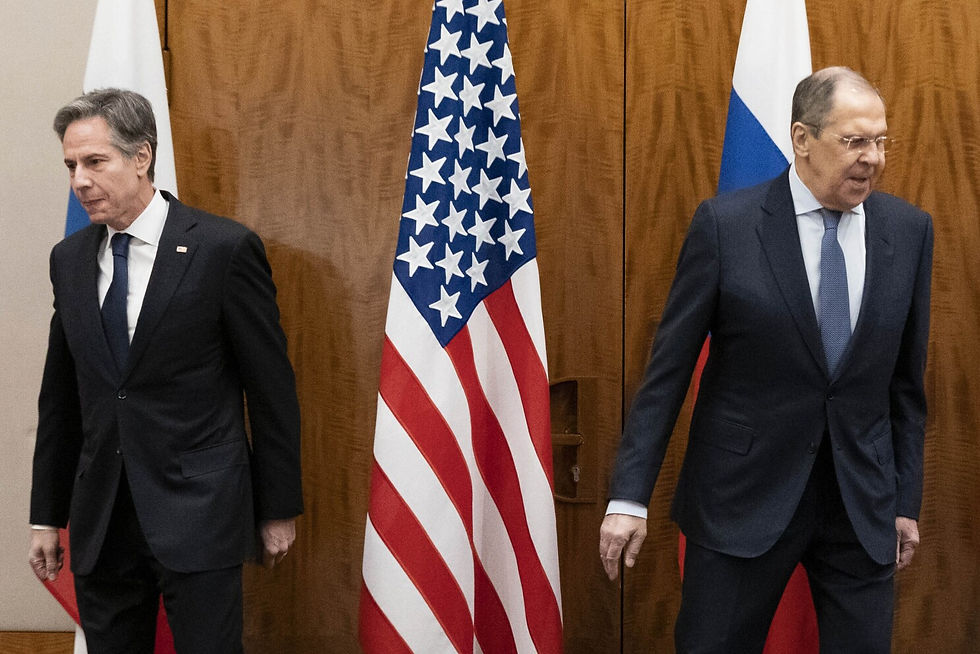
By John Bergstrom
Since the normalization of diplomatic relations in the 1990s, the U.S. and Vietnam have forged a stable relationship through diplomacy and trade, among other fields of mutual interest. The U.S. and Vietnam have also forged a partnership on military and security issues to curb the regional influence of China in Southeast Asia, with Vietnam having proven to be a useful ally to the U.S. in containing a growingly ambitious and powerful China. However, Vietnam has recently worked against U.S. interests at the United Nations, voting alongside China, Iran, and North Korea in opposing a U.S.-backed measure to suspend Russia from the UN Human Rights Council in the immediate aftermath of Russia’s invasion of Ukraine. Furthermore, Vietnam abstained in a UN vote calling for Russia to unconditionally withdraw from Ukraine, with Vietnam’s actions likely being driven by its interactions with Putin’s regime, as Vietnam receives arms from the Russian Federation and is reluctant to alienate one of its military's greatest benefactors. Considering recent events, Vietnam appears to be double-dealing, which entails the acceptance of U.S. aid while also cultivating relationships with the U.S.’s adversaries. This process hinders U.S. policy aims and is detrimental to U.S. interests. In response to such behavior, the United States must threaten economic sanctions against all countries that double-deal with authoritarian strongmen, including Vladimir Putin and Xi Jinping.
In effect, recent Vietnam events highlight a common struggle of small nations caught between larger powers. Instead of affiliating themselves with one bloc or another, small nations try to reap benefits from all sides while extolling the alleged virtues of diplomatic neutrality and strategic nonalignment. Since 2000, nearly 80% of Vietnam’s military equipment has come from Russia. Meanwhile, the U.S.-Vietnam relationship has grown increasingly strong, with the U.S. and Vietnam working together to defend Vietnamese maritime claims against Chinese encroachment. Given the status quo, Vietnam is able to extract benefits from two major powers. In not wanting to offend Russia, Vietnam has chosen to ignore the cries of the Ukrainian people and, rather than being a truly neutral actor, has hampered U.S.-led attempts to punish Russia and deter present and future aggression. Consequently, Vietnamese policymakers insist on the sanctity of international law when it benefits their own interests involving the threat of China but ignore or downplay it when the fates of other small countries are threatened by aggressive, non-normative actors, such as the Russian Federation. In essence, Vietnam’s current policies highlight how double-dealing disproportionately works in favor of the U.S.'s adversaries and must be mitigated.
To rectify the issue at hand, the U.S. should first enforce the Countering America’s Adversaries through the Sanctions Act. Passed in 2017, the act was meant to place sanctions on countries determined to be buying weapons from Russia. However, the implementation of sanctions has been selective, and countries like Vietnam have been exempted thus far. Considering Vietnam’s recent actions, the U.S. should announce its intention to sanction Vietnam unless clear and discernable measures to disassociate from Russia are made. Namely, a dramatic reduction and eventual termination of weapon shipments received by Russia would signify that Vietnam is willing to prioritize its alliance with the U.S. over its arrangements with Putin’s government. Though some might argue that this course of action bears the risk of alienating Vietnam against the U.S. and may be seen as coercive, it is unlikely that Russia will sustain its commitment to Vietnam’s defense against China. There are several reasons to suspect a lack of Russian dedication to Vietnam, including Putin’s strategic focus on Eastern Europe and Russia’s sustained partnership with China, thus demonstrating a misalignment between Vietnam and Russia’s foreign policy objectives. Therefore, the U.S. should evoke Russia’s apparent indifference towards Vietnamese sovereignty to emphasize that the U.S.-Vietnam partnership serves not only American interests but also Vietnam's very existence. To preemptively counter the opinion that their decoupling from Russia would dilute their military preparedness against China, the U.S. could offer to replace Russia as Vietnam’s main supplier. Furthermore, the U.S. could offer to facilitate arrangements between Vietnam and other countries, such as India and Brazil, which are increasing their capacities for arms development. Therefore, the U.S. should ensure it establishes consistency in foreign relations by enforcing the Countering America’s Adversaries through Sanctions Act and not make special exemptions for countries, such as Vietnam, that engage in double-dealing.
Altogether, Russia’s aggression against Ukraine has sparked widespread discussion about global alliances and how members should treat belligerent actors of the international community. However, these discussions should also involve the role of third-party actors and how they choose to respond, or not, to unprovoked aggression. Vietnam provides a notable case study for the concept of neutralism and how it may not truly bear neutral dividends, as diplomatic silence and inaction often benefit aggressors such as the Russian Federation. Vietnam is not alone in its embrace of double-dealing and pseudo-neutrality, as Turkey, Indonesia, and Mexico, among others, have engaged in similar activities. Accordingly, countries guilty of legal hypocrisy and moral duplicity during times of crisis should not be allowed to leverage international law when it suits their own interests but elect to ignore it when they or their benefactors are inconvenienced. Going forward, the U.S. should attempt to uphold international law consistently and attempt to discourage small nations from simultaneously taking U.S. assistance while embracing U.S. adversaries as well. Although risks may be involved, the results of such a policy shift bear the potential to strengthen the U.S.'s interests and minimize autocracy’s reach around the world.

תגובות